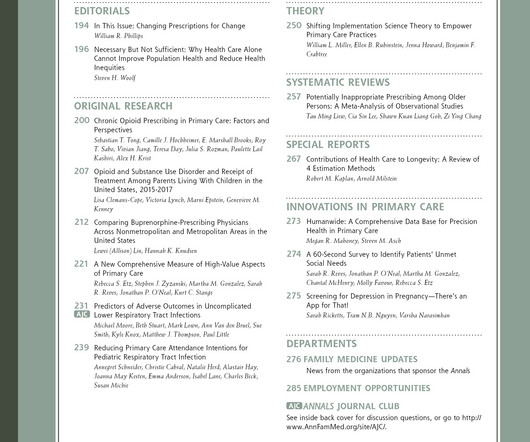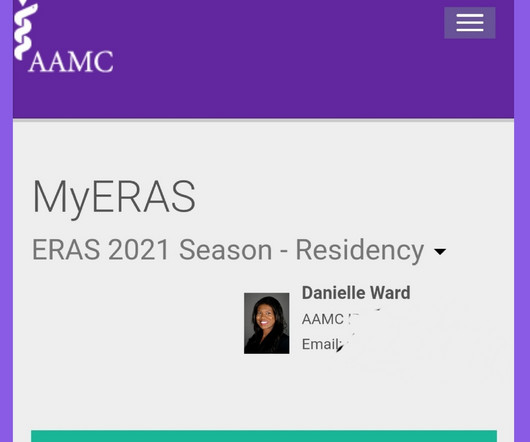Disaster preparedness, What we have learned from COVID 19 pandemic [COVID-19]
Annals of Family Medicine
NOVEMBER 20, 2024
Context: Despite a joint recommendation in 2003 by the AAMC and CDC that bioterrorism and mass-casualty training be included in the medical school curriculum, few medical schools have incorporated formal disaster training. Only 15% (n=5) received emergency response training outside of residency, with 3% (n=1) during medical school.













Let's personalize your content